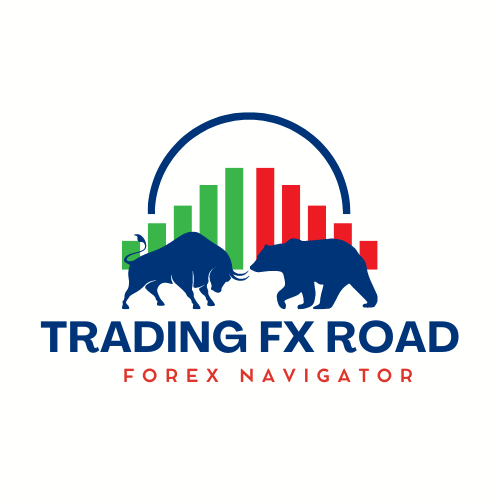Most of the time when we think about trading and investing, we don’t immediately think of the forex market (Foreign Exchange Market).
If you’re new to this, don’t worry – you’re not alone!
The forex market can seem a bit mysterious and intimidating at first, but it’s actually a fascinating and dynamic world that’s worth exploring.
In this article, we’ll share ten surprising things about the forex market that you might not know.
Whether you’re a complete beginner or just curious to learn more, these facts will give you a better understanding of how the forex market works and why it’s such an important part of the global financial system.
So, let’s dive in and discover the secrets of the forex market together!
1. The Forex Market is Bigger Than the Stock Market
You know the stock market, right? It’s where people buy and sell shares of companies.
Well, believe it or not, the forex market is way bigger than the stock market!
In fact, it’s the largest financial market in the world.
Every day, people trade over $6 trillion worth of currencies in the forex market.
That’s a lot of money!
While the daily trading volume of the New York Stock Exchange (NYSE) is around $22.4 billion.
That means the forex market is more than 250 times larger than the NYSE!
2. The Forex Market is Open 24/7
Unlike the stock market, which has set trading hours, the forex market is open 24 hours a day, five days a week (Monday to friday).
This means that you can buy and sell currencies whenever you want, no matter where you are in the world.
The market is always open somewhere, whether it’s in Sydney, Tokyo, London, or New York.
3. There’s No Central Exchange for Forex
When you think of trading, you might picture a busy stock exchange with people shouting and waving their hands.
But in the forex market, there’s no central exchange.
Instead, people trade currencies directly with each other using computers and the internet.
This makes the forex market more accessible to everyone, even if you’re not a professional trader.
4. Currencies Come in Pairs
In the forex market, currencies are always traded in pairs.
This means that when you buy one currency, you’re selling another at the same time.
For example, if you buy the EUR/USD pair, you’re buying euros and selling US dollars.
The price of the pair shows how much of the second currency you need to buy one unit of the first currency.
5. The US Dollar is the King of Currencies
The US dollar is the most popular currency in the forex market.
It’s involved in over 80% of all forex trades.
This is because many countries use the US dollar for international trade and as a reserve currency.
Other important currencies in the forex market are the Euro (EUR), Japanese yen (JPY), British pound (GBP), Swiss franc (CHF), Canadian dollar (CAD), and Australian dollar (AUD).
6. Leverage: A Double-Edged Sword
Leverage is a tool that allows forex traders to control larger amounts of money with a smaller investment.
For example, if you have $1,000 and use a leverage of 100:1, you can trade up to $100,000 worth of currencies.
While leverage can help you make more money, it can also increase your losses if the market goes against you.
It’s important to use leverage carefully.
7. Many Forex Traders Lose Money
Even though the forex market offers the potential to make money, many traders actually lose money.
Some studies show that up to 90% of forex traders lose money in the long run.
This is often because they don’t have enough knowledge, take too many risks, or use too much leverage.
It’s crucial to learn about the market and practice good risk management if you want to be successful.
8. The Forex Market is Affected by Many Things
The forex market is influenced by a variety of factors, such as the economy, politics, and global events.
For example, if a country’s economy is doing well, its currency might become more valuable.
On the other hand, if there’s political instability or a natural disaster, the currency might lose value.
Traders need to stay informed about what’s happening around the world to make good decisions.
9. You Don’t Need to be a Pro to Trade Forex
Thanks to the internet and online trading platforms, anyone can start trading in the forex market.
You don’t need to be a professional trader or have a lot of money.
Many platforms allow you to open an account with just a few hundred dollars.
However, it’s important to educate yourself about the market and the risks involved before you start trading.
10. The Forex Market Keeps Changing
The forex market is always changing and evolving.
In recent years, new technologies like high-speed trading robots and mobile trading apps have made it easier and faster to trade currencies.
At the same time, there are new rules and regulations being introduced to protect traders and make sure the market is fair for everyone.
Conclusion:
From its massive size to the fact that currencies are traded in pairs, there’s a lot to learn about this exciting world.
Remember, while the forex market offers opportunities to make money, it also has risks.
It’s important to educate yourself, start small, and always use good risk management strategies.
With a bit of knowledge and practice, you might just find yourself enjoying the thrill of trading currencies in the forex market!
